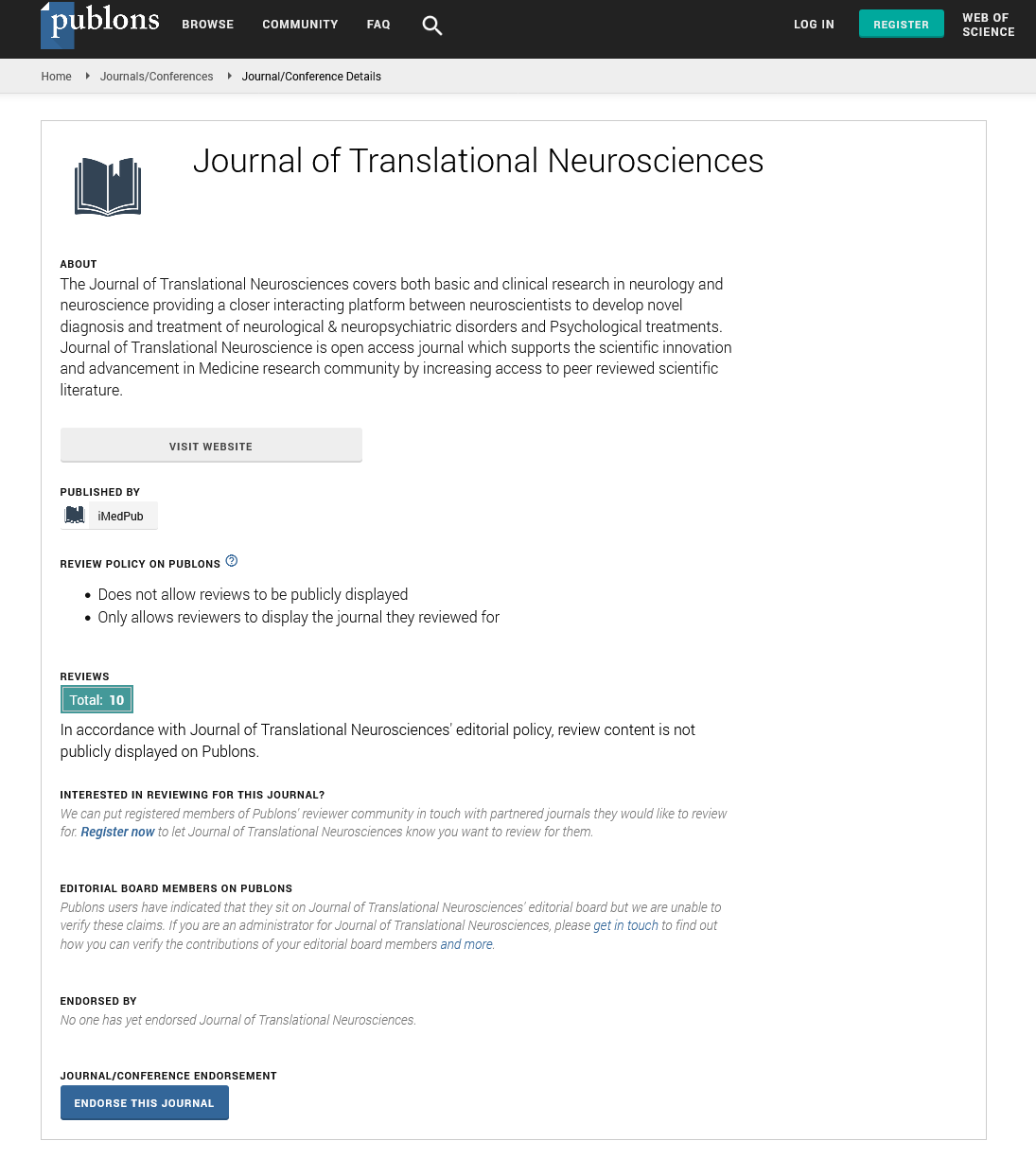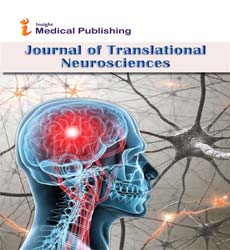Abstract
Zinc deficiency attenuates the Antidepressant response of NMDA receptor antagonists in the Restraint Stress Model in Mice
The latesttrend in modern pharmacology of depression isthe search for compounds with rapid onset of action and long-term therapeutic effects. One of such compounds, ketamine, is effective in clinical settings while the NMDA receptor antagonist, Ro 25-6981, is effective in animal studies. Clinical and preclinical studies have shown that dietary zinc may play a crucial role in the development and treatment of depression. For instance, people with depression and low blood zinc levels respond poorly to treatment and have more severe symptoms. In such individuals, zinc supplementation improved the response to classical antidepressants. Thus, our research sought to evaluate whether reduced zinc levels can alter the therapeutic response to atypical compounds with potential antidepressant activity. Using a zinc-deficient diet (3mg Zn/kg/3 weeks), mice were subjected to chronic restraint stress (CRS, 3-hours immobilization/ day/3 weeks). CRS is a well-known and proven animal stress model that leads to biochemical and physiological changes that resemble human depression. After the stress period, mice were injected with ketamine (10mg/kg), Ro 25-698 (10mg/kg), or with a combination of a single dose (2.5mg/kg) of hyperforin (TRPC6 receptor agonist) and lanicemine (NMDA receptor antagonist). All substances were administered once, i.p. To verify the effectiveness of treatment, behavioral tests: tailsuspension test (TST), forced swim test (FST), and sucrose preference test (SIP) were carried out at various time points to examine both fast and long-term antidepressant effects. We showed that ZnD weakensthe antidepressant response of ketamine and Ro 25-6981 in mice simultaneously subjected to CRS. These effects were observed in two behavioral tests (SIP and TST). Under these conditions, only hyperforin plus lanicemine treatment exhibited fast and long-lasting antidepressant activity. Our data thus indicate that low zinc levels could be a marker of the therapeutic response to atypical fast-acting compounds with antidepressant activity.
Author(s):
Bernadeta Szewczyk, Bartłomiej Pochwat, Paulina Misztak and Gabriel Nowak
Abstract | PDF
Share this

Google scholar citation report
Citations : 46
Journal of Translational Neurosciences received 46 citations as per google scholar report
Journal of Translational Neurosciences peer review process verified at publons
Abstracted/Indexed in
- Google Scholar
- JournalTOCs
- China National Knowledge Infrastructure (CNKI)
- Publons
- Secret Search Engine Labs
- Euro Pub
Open Access Journals
- Aquaculture & Veterinary Science
- Chemistry & Chemical Sciences
- Clinical Sciences
- Engineering
- General Science
- Genetics & Molecular Biology
- Health Care & Nursing
- Immunology & Microbiology
- Materials Science
- Mathematics & Physics
- Medical Sciences
- Neurology & Psychiatry
- Oncology & Cancer Science
- Pharmaceutical Sciences


